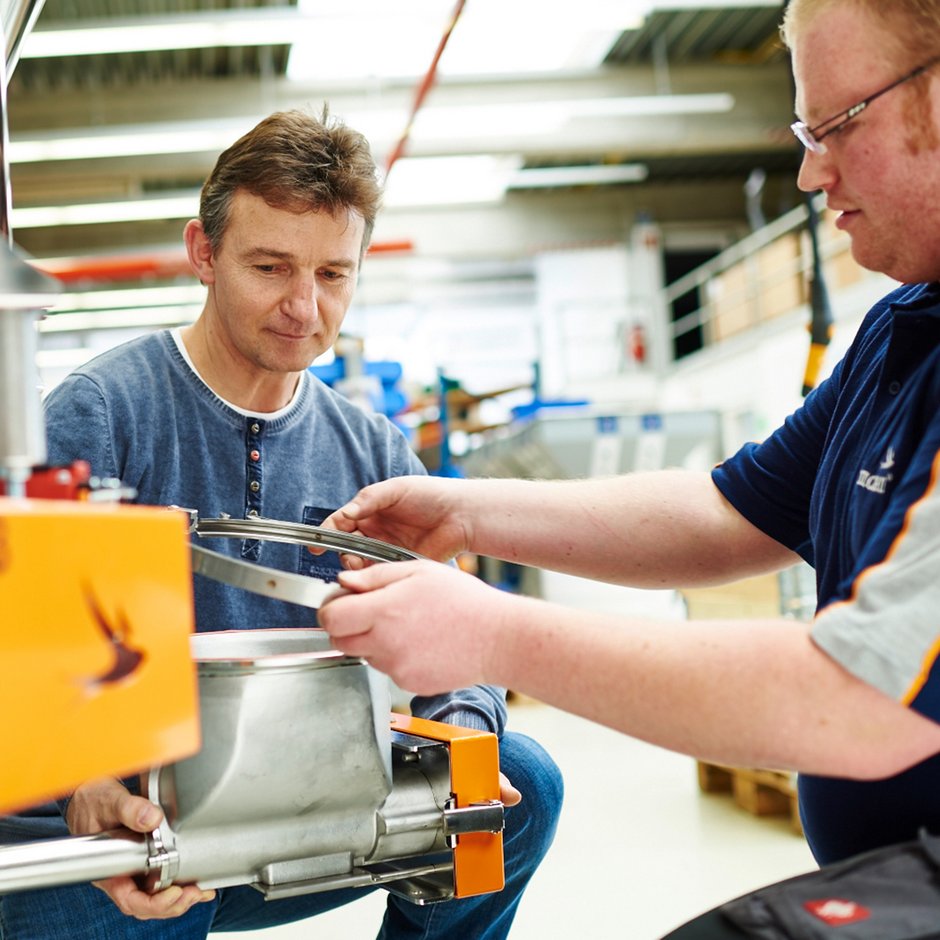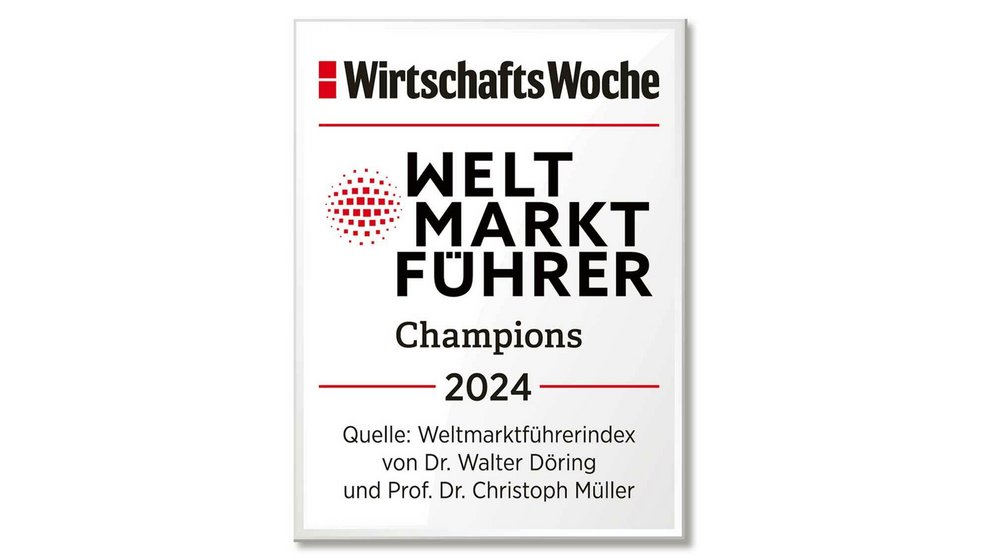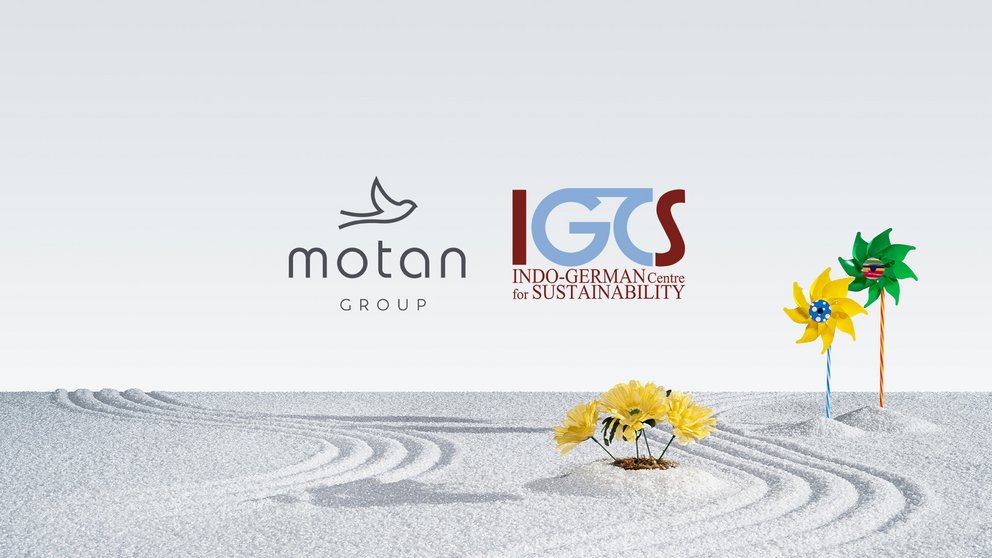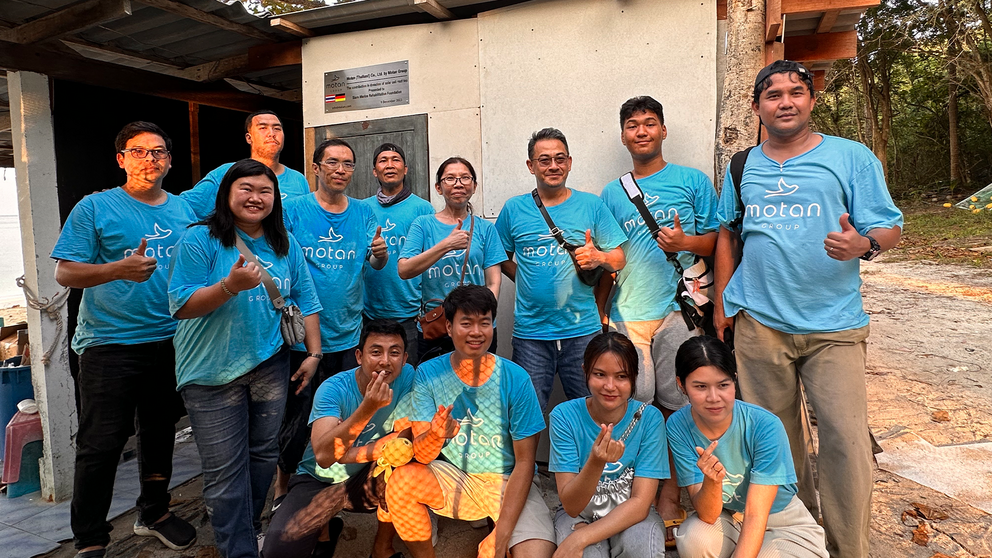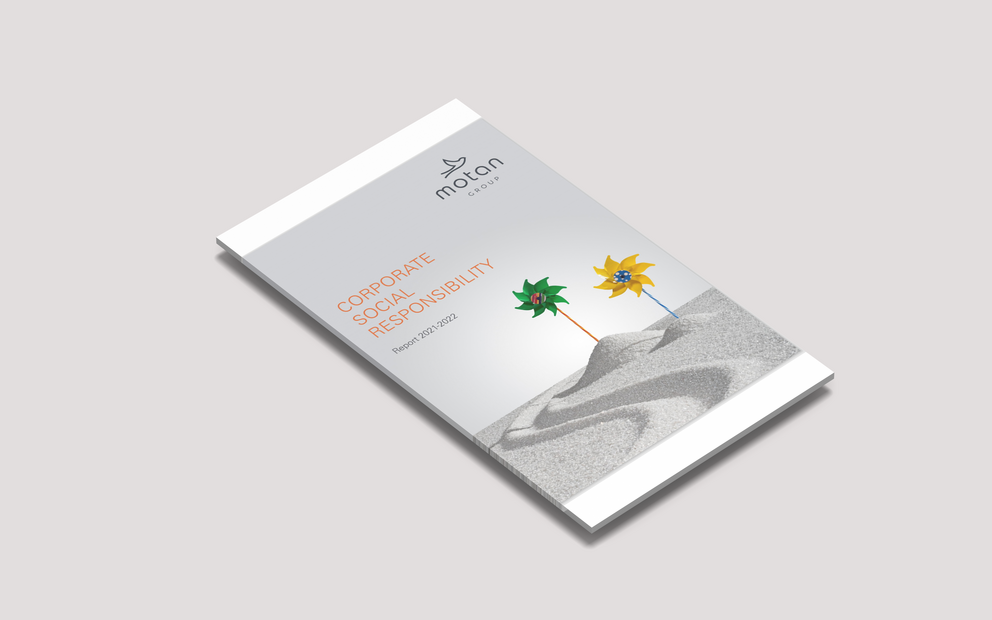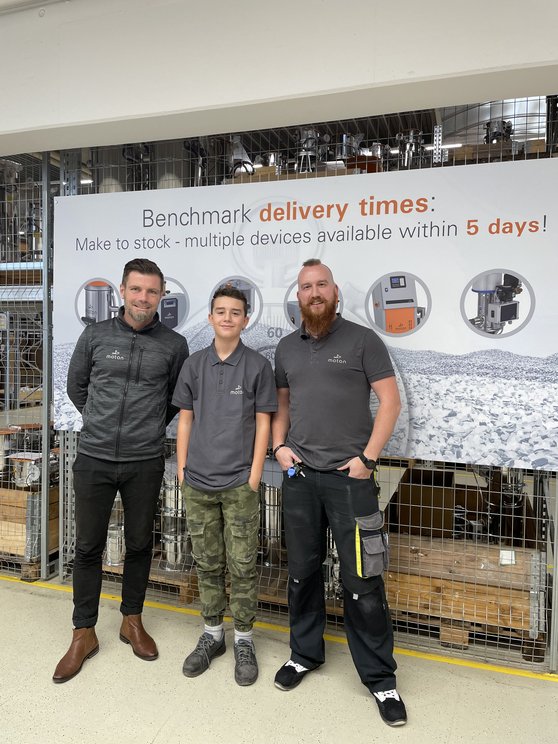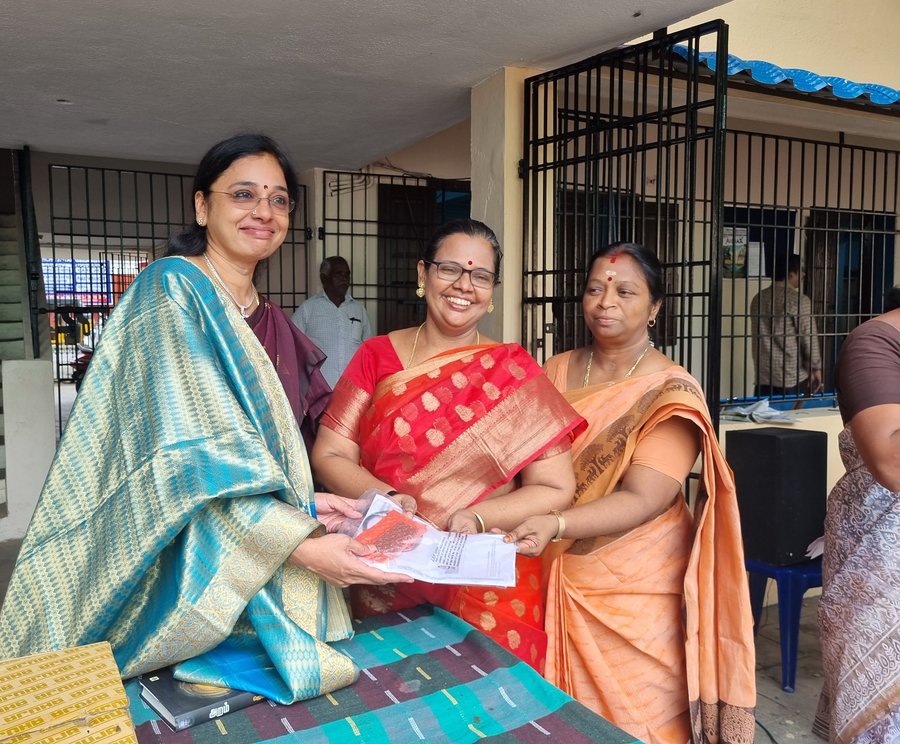motan group is once again among the world market leaders
Solar energy project to protect sea turtles
The new sustainability report of the motan group is now available
Participating is a matter of honor - Kjell Ehrentreich works at motan operations gmbh for a good cause
motan India helps people in rural areas
- motan group is once again among the world market leaders
- Workshop
- Solar energy project to protect sea turtles
- The new sustainability report of the motan group is now available
- Participating is a matter of honor - Kjell Ehrentreich works at motan operations gmbh for a good cause
- motan India helps people in rural areas

